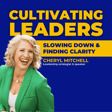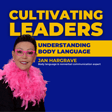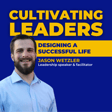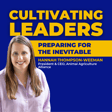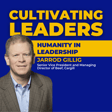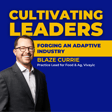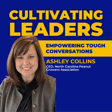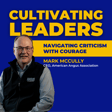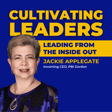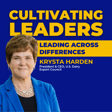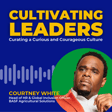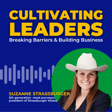
Why Good People Win with Corey Ciocchetti
What does it really mean to live a good life and to lead with integrity?
Corey Ciocchetti, nationally recognized speaker and professor, joins the Cultivating Leaders Podcast for a powerful conversation around leading with ethics. Corey explores why good character is a non-negotiable, how to define success on your own terms and what it takes to build a life of authenticity.
Corey covers how to:
- Lead with Character: he argues that character should be the foundation of all leadership development, yet it's often missing from formal leadership training programs
- Pursue an Authentic Life: success should not be measured by wealth, status or external validation, but by internal contentment, strong relationships and moral integrity
- Building Personal Values: focusing on small, consistent decisions leads to a more fulfilled, grounded life and a stronger leadership impact
This episode will challenge and inspire you to pursue the kind of success that actually matters.
Connect with Corey
- Connect on LinkedIn
- Follow on Instagram
- Visit his website
Connect with AFA
- Follow us on LinkedIn
- Follow us on Instagram
- Like us on Facebook
- Follow us on TikTok
- Visit our Website
About The Cultivating Leaders Podcast
Real stories. Practical advice. Tangible growth. Join The Cultivating Leaders Podcast, brought to you by Agriculture Future of America, as we explore what it takes to lead in food, agriculture, and beyond. Whether you’re just starting out or leading at the highest level, this podcast is your go-to resource for leadership that matters. Listen now and start cultivating your leadership journey.
Don’t forget to follow/subscribe so you never miss another episode!

